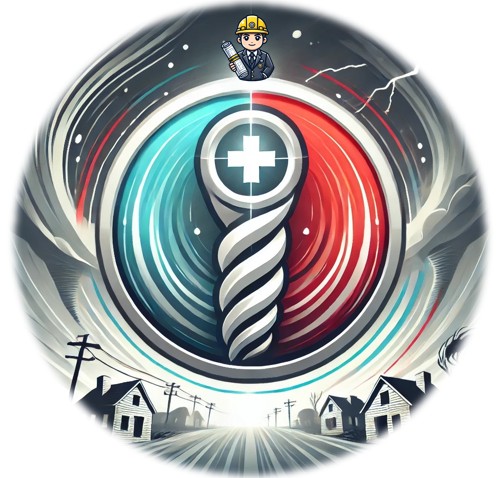
Generator Safety
-
Generator Safety
Generator safety refers to the practices and precautions taken to ensure the safe operation of generators, particularly portable ones used during power outages or in remote locations. Key aspects include:
-
Carbon Monoxide Safety: Always operate generators outdoors in well-ventilated areas to prevent the buildup of deadly carbon monoxide gas. Never use a generator indoors or in enclosed spaces like garages or basements.
-
Electrical Safety: Use properly rated extension cords and ensure they are in good condition. Avoid overloading the generator by connecting devices that exceed its wattage capacity.
-
Proper Installation: If connecting a generator to your home’s wiring, use a transfer switch installed by a qualified electrician to prevent backfeeding, which can endanger utility workers and damage equipment.
-
Fuel Handling: Store fuel in approved containers away from living areas. Turn off the generator and let it cool before refueling to prevent fires or explosions.
-
Maintenance: Regularly inspect and service the generator according to the manufacturer’s instructions to ensure it operates safely and efficiently.
By following these guidelines, you can minimize risks such as carbon monoxide poisoning, electrical shocks, fires, and damage to electrical devices
-
Log in to reply.
